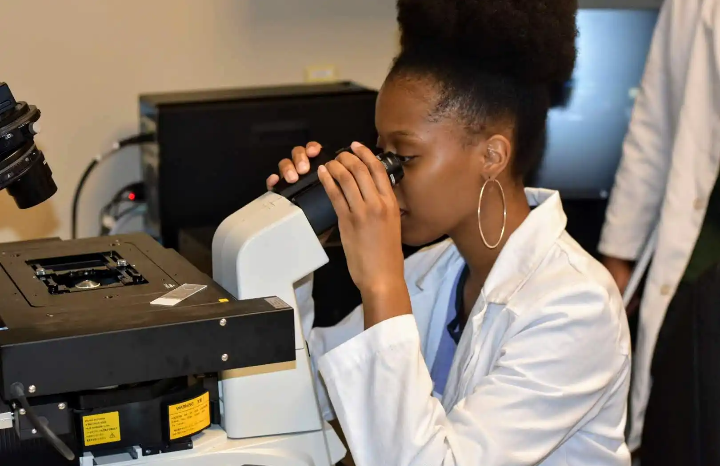Careers In Biology
Biology is the scientific study of living organisms, including their physical structure, chemical processes, molecular interactions, physiological mechanisms, development, and evolution. Biology is a natural science that encompasses a wide range of subdisciplines, including biochemistry, genetics, microbiology, ecology, and many others. The ultimate goal of biology is to understand the fundamental nature of life and the diversity of living organisms.

Biology is a broad field that encompasses many subdisciplines, each with their own specific areas of study. For example, biochemistry focuses on the chemical processes that occur within living organisms, genetics studies how traits are passed down from one generation to the next, and ecology examines the interactions between organisms and their environment.
Microbiology is the study of microorganisms, such as bacteria and viruses, and their roles in various ecological settings. Developmental biology studies how organisms develop from a single cell to a complex organism. Evolutionary biology examines how organisms have changed over time and how they have adapted to their environments. Additionally, there are many applied fields of biology such as medicine, agriculture, and conservation biology.
Areas of Study of Biology
There are many areas of study within the field of biology, some of the most common include:
- Anatomy: the study of the structure of living organisms and their parts.
- Physiology: the study of how living organisms function and maintain homeostasis.
- Cell biology: the study of the structure and function of cells, the basic unit of life.
- Genetics: the study of how traits are passed down from one generation to the next, and how genes control the development and function of organisms.
- Microbiology: the study of microorganisms, such as bacteria and viruses, and their roles in various ecological settings.
- Ecology: the study of the interactions between organisms and their environment, including how they are affected by changes in the environment.
- Evolutionary biology: the study of how organisms have changed over time and how they have adapted to their environments.
- Developmental biology: the study of how organisms develop from a single cell to a complex organism.
- Biochemistry: the study of the chemical processes that occur within living organisms
- Immunology: the study of how living organisms protect against disease
- Marine biology: the study of organisms and processes in marine environments
- Conservation biology: the study of how to protect and manage biodiversity.
- Medical biology: the application of biology to medicine and healthcare
- Agricultural biology: the application of biology to agriculture and food production
These are some of the most common areas of study within the field of biology, but there are many other subdisciplines and specialized fields as well.
Careers In Biology
There are many different careers in biology, some of which include:
- Biomedical researcher: Studies the biological basis of diseases and develops new treatments.
- Genetic counselor: Helps individuals and families understand and cope with genetic disorders.
- Microbiologist: Studies microorganisms such as bacteria and viruses.
- Marine biologist: Studies marine organisms and their environments.
- Ecologist: Studies the interactions of organisms with their environment.
- Wildlife biologist: Studies wild animals and their habitats.
- Botanist: Studies plants and their environments.
- Taxonomist: Studies the classification and naming of living organisms.
- Biotech professional: Works in the biotechnology industry developing new products and technologies.
- Medical laboratory technologist: performs laboratory test to diagnose and treat disease.
- Biostatistician: Uses statistical methods to analyze biological data.
- Conservation Biologist: Studies the preservation of biodiversity and protection of endangered species.
These are just a few examples, but there are many other career options within the field of biology.



